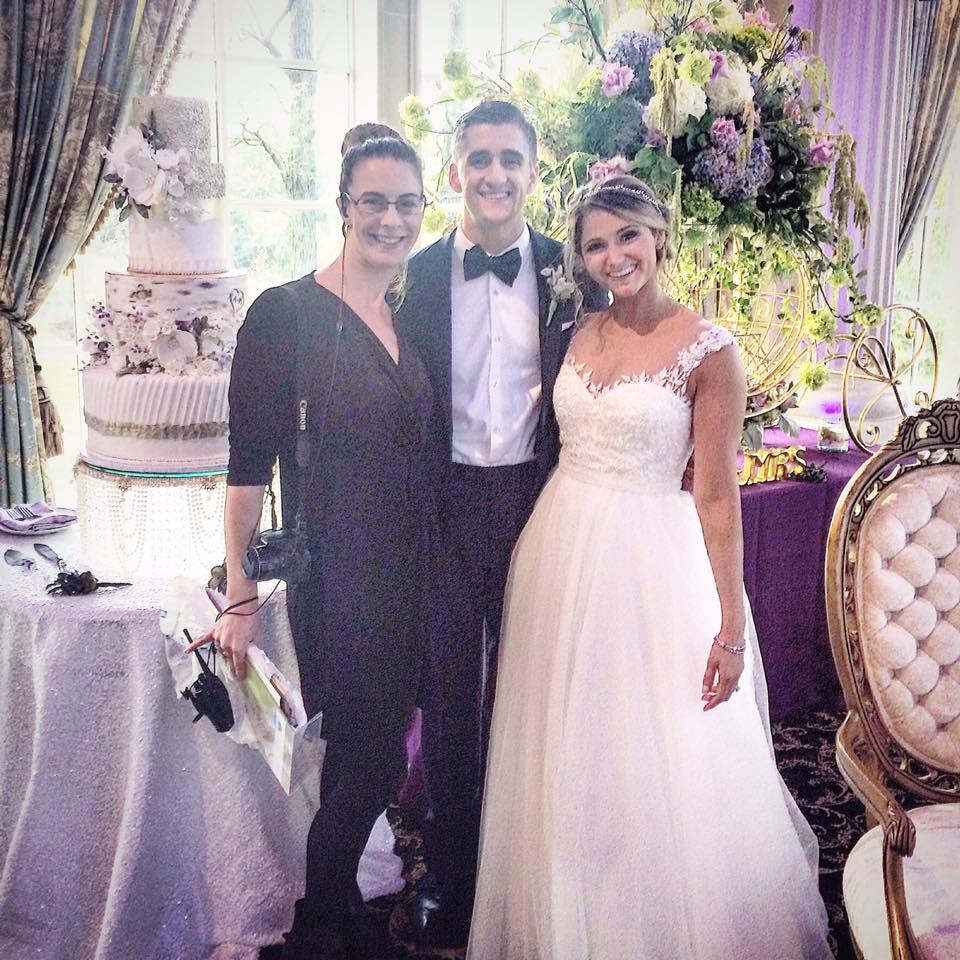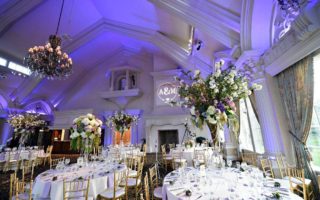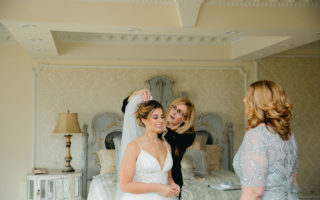I get flooded with emails, DMs, private messages….you name it…asking me how to be a professional wedding planner. They come from all different types of people in various stages of life.
The truth is, when you Google “how to be a professional wedding planner”, two things come up. The first are a bunch of online certification courses (more about that later) and the second is split between magazine articles with interviews like this one, and blogs sometimes written by people who aren’t even in the wedding industry.
After discovering there truly is very little helpful information out there, and wishing I had a place to point people to when they reached out, it only made sense to put together a blog.
Truthfully, I have been working on an e-book for quite some time regarding this exact same subject. While that comes together over the next 400 years or so (got a lot on my plate right now like working and homeschooling), here are 10 things aspiring wedding planners need to know….
…according to me.
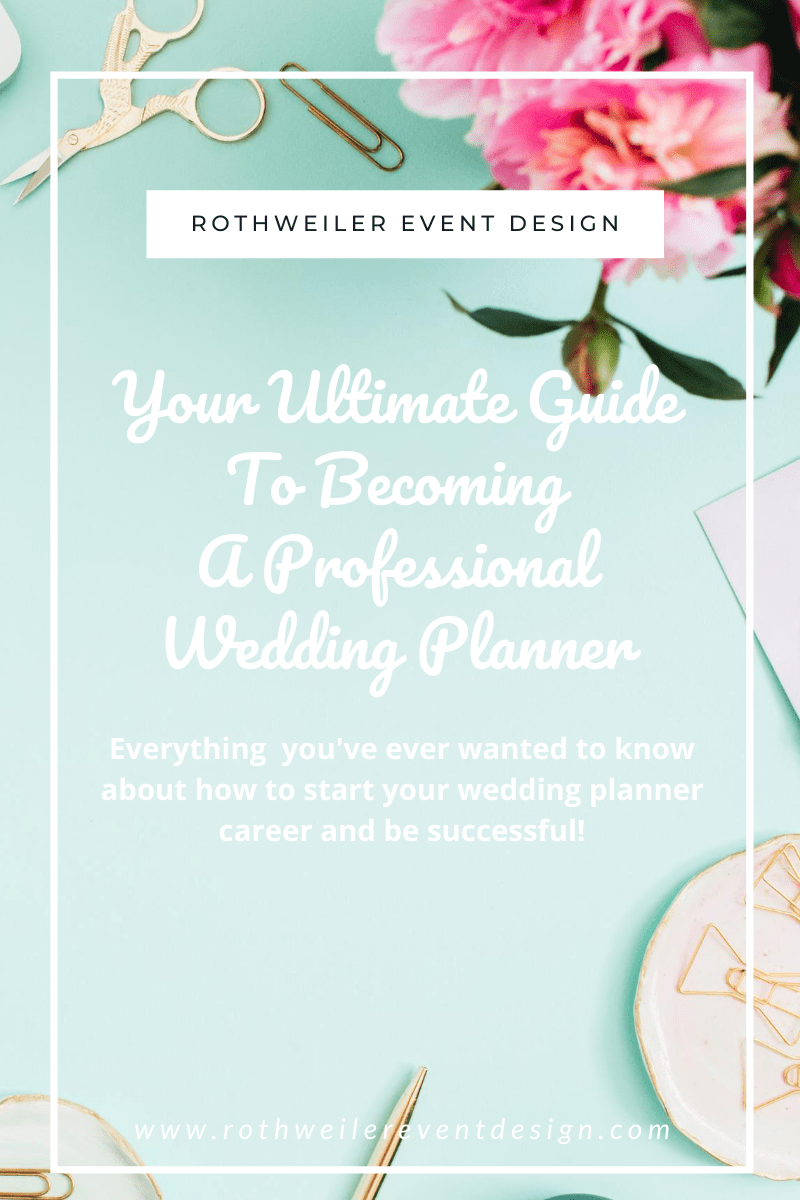
*Please note that most of the links of this page are affiliate links. This means if you click on a link and purchase, you will receive the same price, but I will receive a referral fee. This helps keep my blog free and allows me to share wedding planning tips with you. Thanks for your support!*
How To Be A Professional Wedding Planner: 101
Unfortunately, becoming a wedding planner is viewed as an easy task by many. After all, how hard can it be to play with flowers, and create inspiration boards?
Hard. Like, really hard.
The reason it’s hard is because there are many misconceptions about a wedding planner career. To start with, it’s not all glitter and roses. There’s plenty of boring logistic work to be done in between selecting linens and bridesmaid dresses. But you have to be able and willing to do all the work, and not just the “fun” stuff.
In fact, I’ve personally witnessed plenty of wanna-be wedding planners fall apart once they actually started working. You know what they had in common? They all hated the “boring” stuff.
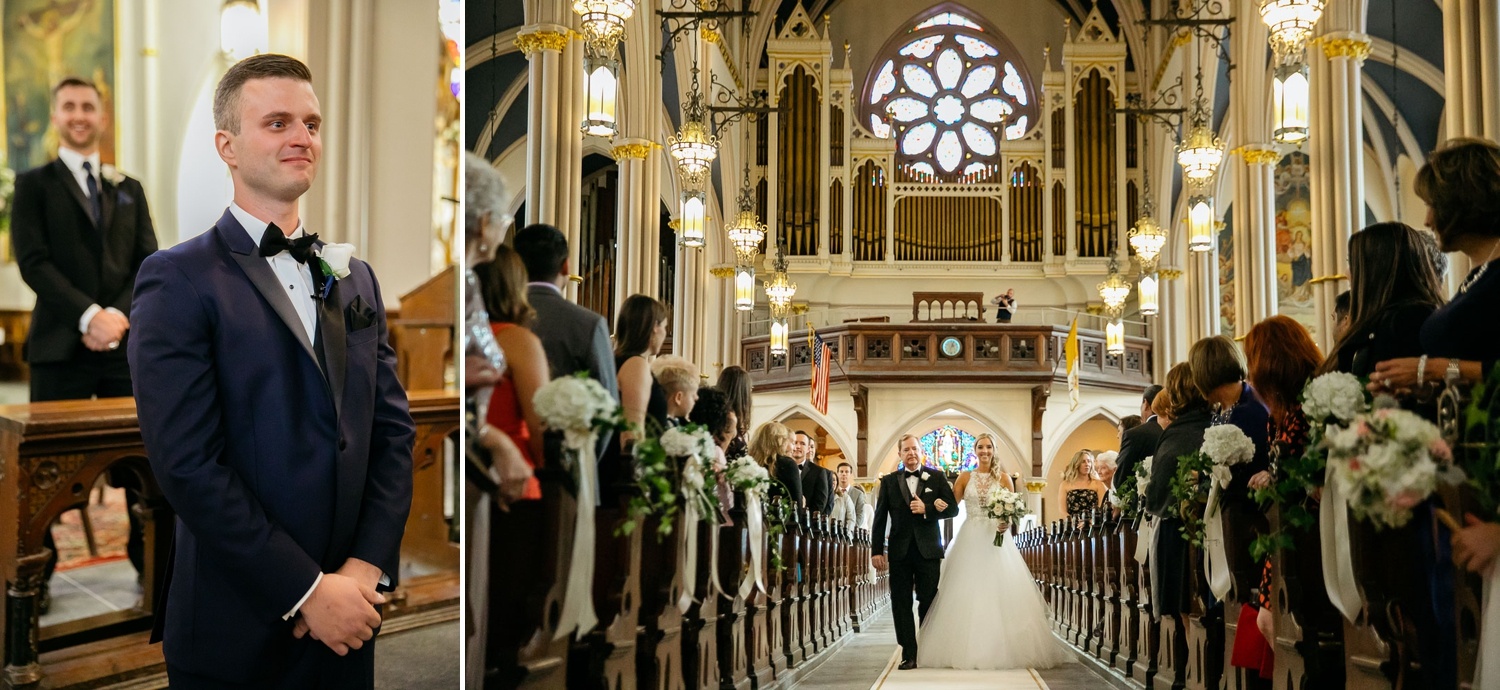
Boring stuff includes creating timelines, sending emails, calculating budgets, and so forth. This is all part of having a wedding planner career. So, if you’re in it for just the fun and fluff, you can exit out of this blog right now.
The last thing I want to say before diving in, is somewhat of a disclaimer. For those who know me, they know that I am blunt, honest, and pull zero punches. I am the same person with my clients as I am with my best friends and my husband. This is not necessarily something I endorse, but you should know this before you keep reading.
I decided to keep this blog to 10 of the most important pieces of advice I can offer for those that want to be a wedding planner, mixed with questions I get asked frequently. If you don’t see your question answered, or want more information, make sure to drop it in the comments section and sign up for my mailing list here.
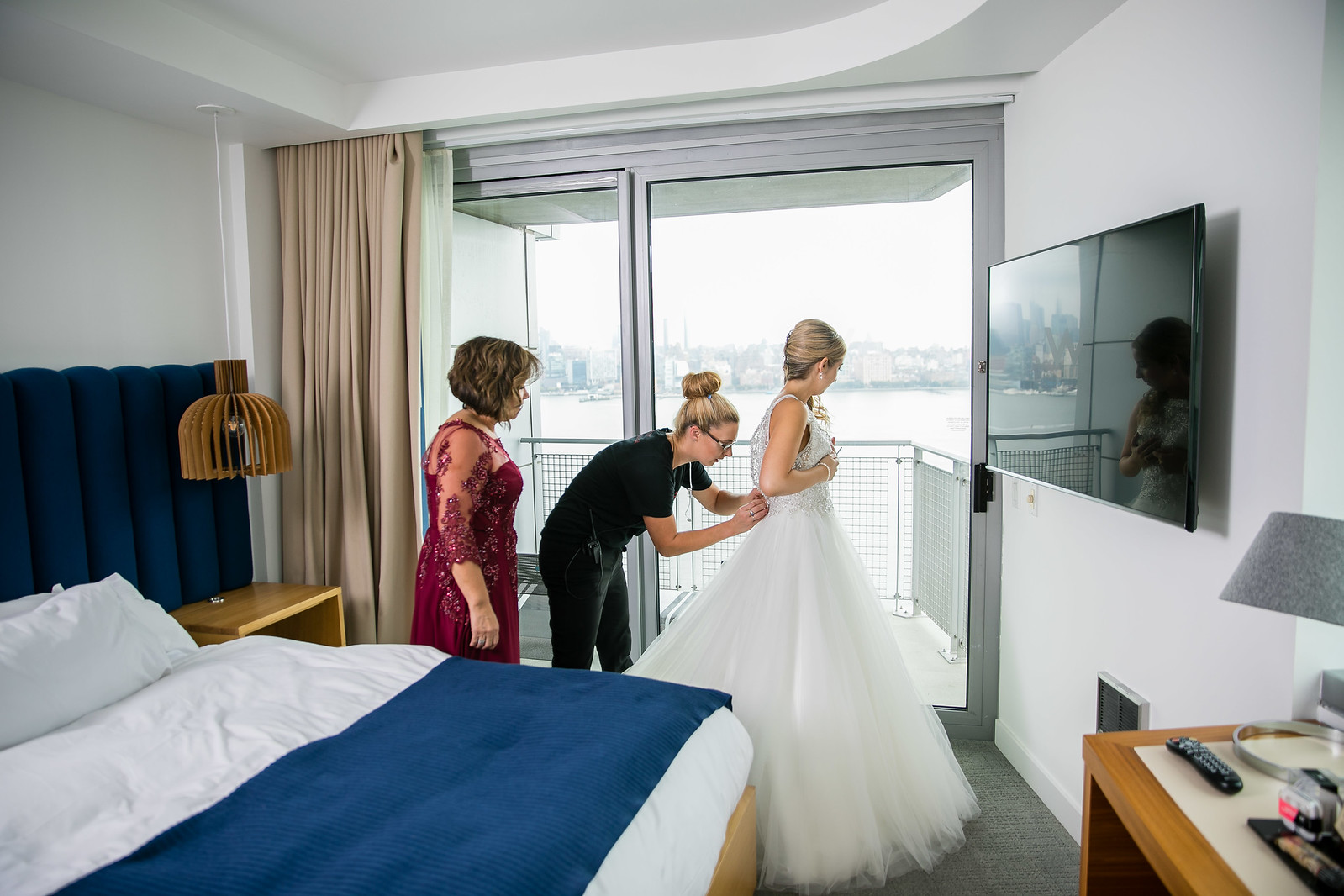
1. How To Get Started
Easily, the most popular question I am asked is how I got started in all of this. The truth is, this is not the career path I had envisioned for myself growing up. In fact, I graduated college with a very unrelated degree.
Related: Penn State Alumna Now Successful Celebrity Wedding Planner
My family is filled with entrepreneurs who started at least one successful business. I didn’t realize it back then, but being my own boss was always in my blood.
Going into college, I had dreams of being a meteorologist. I love, and still love, the weather and forecasting. Ironically, this comes in very handy as a wedding planner. I left college with a degree in Political Science and thought about going to law school.
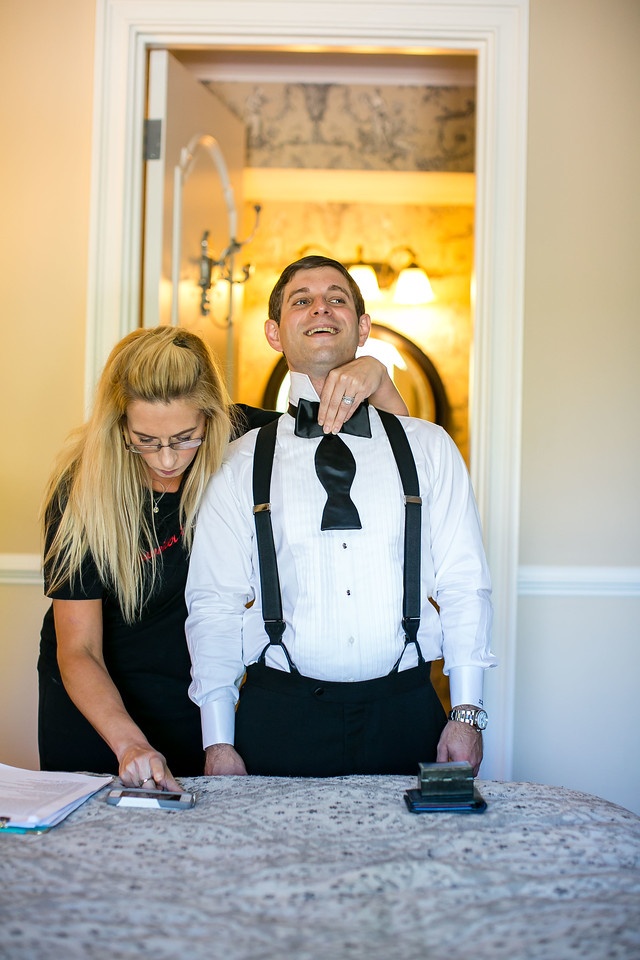
After spending years as a matrimonial paralegal (and never going back to school) I quit my job and walked out….seriously, I packed up my office and left because I didn’t care for how I was being treated.
I have both a professional modeling and acting background, but I was not cut out for the audition lifestyle. The desire to be in a different state every other week for modeling, or running around NYC for auditions 5 days a week, just wasn’t me.
I’m a Taurus. Stability is a thing for me.
Looking back over my life, I realized that I had been planning events and parties for years. Not only that, the planning I did satisfied the acting and modeling side of me. One morning I simply woke up and said to my then boyfriend (now husband) that I think I’d make a great wedding planner.
That day I must have emailed over 40 different wedding planners in New Jersey asking for job opportunities. I was happy to take an internship, just as long as I could learn. This is after studying 4 years at an out of state school getting an unrelated degree. I was willing to work for free in order to learn.
One, just one, wedding planner got back to me and agreed to take me on as her assistant. I went with her to client consultations, floral meetings, and supported her on the wedding day. Some time went by when I felt ready to start my own business.
2. Do You Need A Degree To Be A Wedding Planner?
As I mentioned, I went to college to study things totally not related to wedding planning. Still, I am a firm believer that a college degree specializing in literally anything, is better than those online courses you see.
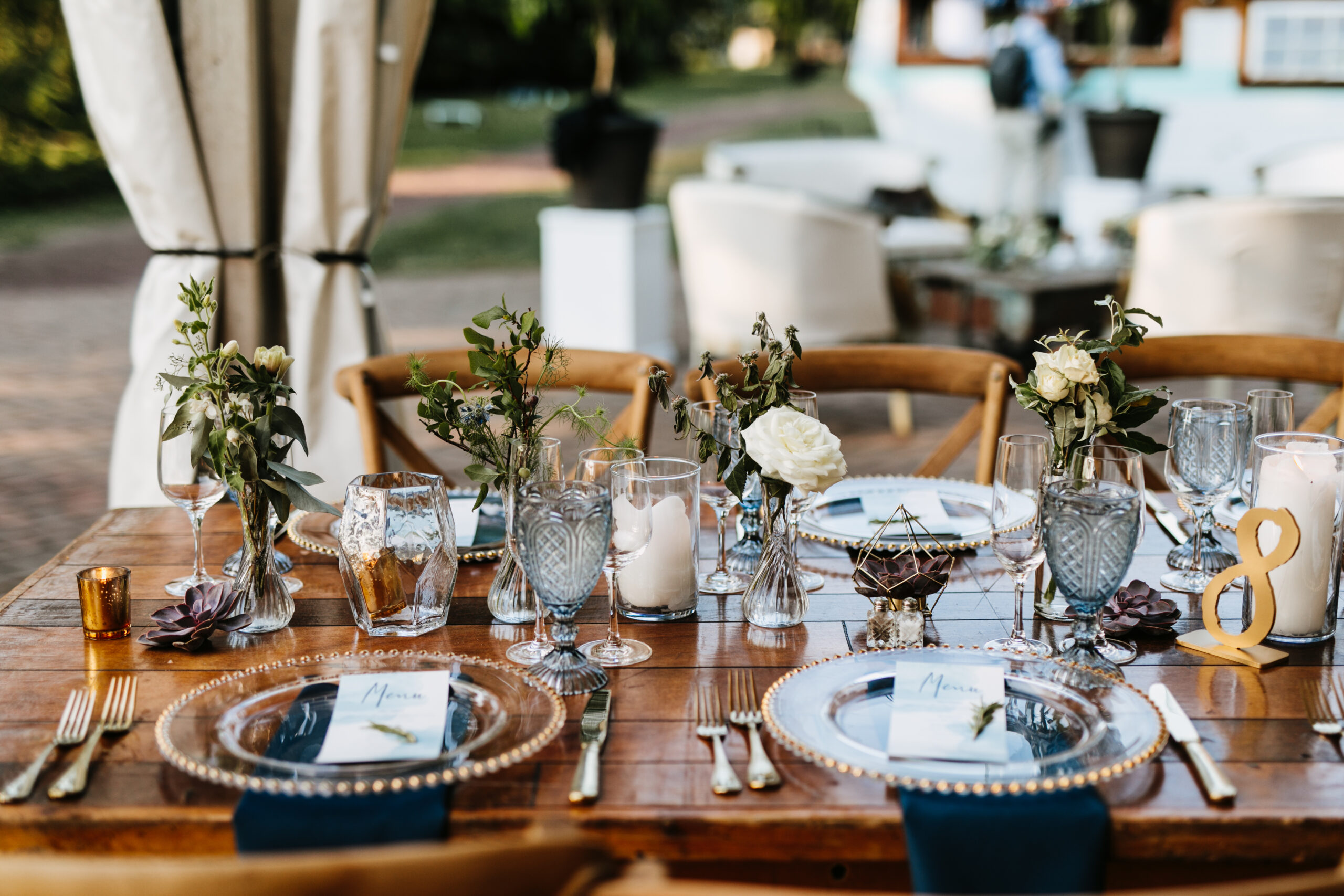
When I first started out, I remember being told that I should look into becoming certified. The thing is, when you’re starting your own wedding planner business, there’s only so much time to do everything. Plus, I had spent time working for another planner and I was certain that education was better than any certification course would be.
The short answer to this question is “no” you do not need a degree to be a wedding planner. Do you know how many people have asked me if I am certified since I started doing this?
Zero.
Experience is what matters most here. I learn more with every wedding I plan than I ever could in a course. If you are looking to get a related degree, I’d recommend marketing or public relations. Either way, work for someone else to get started as a wedding planner.
3. Your Organization Skills Need To Be On X-Games Mode
There are many people reading this that probably consider themselves fairly organized. I’m sure some of you think you’re more organized than most others.
Whatever you are, just know that the wedding industry is not unlike every other one…filled with disorganized people you will constantly need to work with. Put frazzled and stressed out brides on top of that, and you have a recipe for unread/mixed up emails, and the need to explain yourself way more than once.
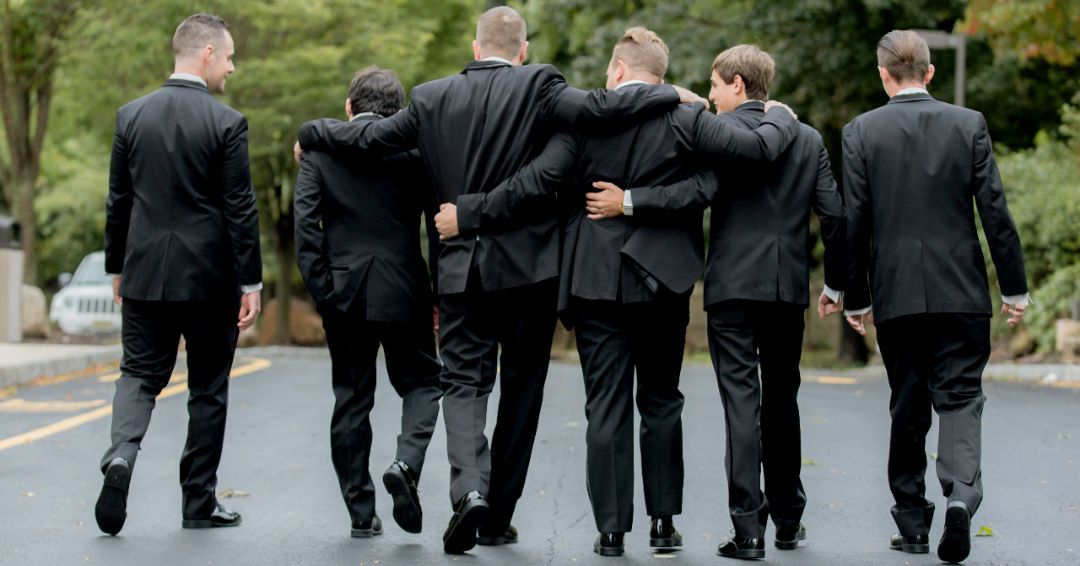
There is a reason I will not take more than 12 full planning weddings on in one year. I simply cannot devote the dedication and time needed to each couple past that maximum number.
When you are planning with a couple, it’s essential to have specific folders for each. Those folders could be tangible, on the computer, or in my case…both. Take notes and write things down because I promise you will not remember what you think you will.
Personally, I schedule everything including phone calls. This means if my phone rings and it’s not on the calendar, I won’t pick it up. I want to be in front of a file and/or my computer in order for any call to be productive.
A call won’t be productive if I take it from my car, will it?
Setting up a schedule that you can follow is essential as a wedding planner. Work the rest of your life into it as well, including family time, gym workouts, and anything else that needs to be included. Then, protect your time fiercely.
4. Establishing a Wedding Planner Contract and Pricing
When you first start out, it will probably be tempting to work for next to nothing. I get it. You want to build up your portfolio and have references and reviews. Believe me, I understand.

The thing is, what you charge will get around. I once was referred to a couple from another couple I had just finished working with. Based on my consultation with that new mother of the bride, I put together a package with pricing for her to review. Can you guess what happened?
She was irate that I was charging more than I charged her friend when I planned her daughter’s wedding.
Meanwhile, the two weddings were some time apart, and the planning details would be more intense. For tons of reasons, my pricing was higher, but she refused to sign with me unless I gave her the same number I gave her friend.
Now, I know for a fact that plenty of people would cave. They would want the business and to avoid any negativity. But, you cannot do this. Not everyone is going to be your client, and this, was not my client.
Your pricing needs to reflect a few things. First you have to consider your market value and the area you serve. Couples shop around and if your number is way off, that’s a red flag to them.
Next, you need to know your numbers. What are your actual expenses and how much would you need to charge to also turn a profit? This is crucial because you could easily end up spending money to plan a wedding if you’re not careful.
Finally, do not undercut other businesses. You will learn very quickly what other people are charging, and by going lower, you’re damaging the entire industry. It’s also not the best way to make friends.
Part of pricing goes hand in hand with your wedding planner contract. I outline everything we’ve agree to in my contract with the final cost. Anything I do outside of that is out of scope and needs to be paid for.
Obviously I’m not a bitch about it, but I’m not going to be taken advantage of either.
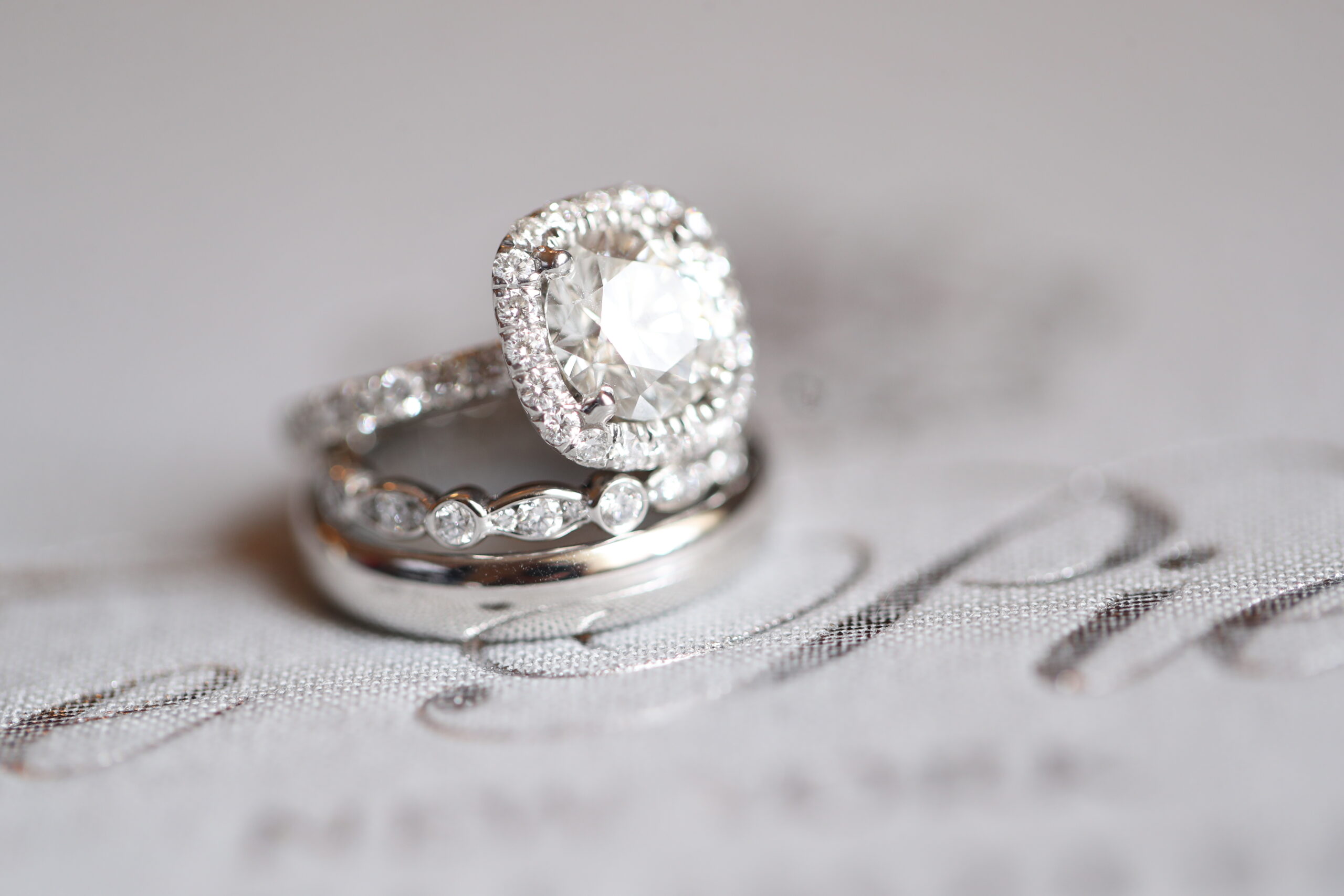
Your contract should be designed by an attorney. There is nothing acceptable outside of that. You don’t know the laws like they do, and your contract is there to protect you. Sit down with a professional to discuss what you want included and have them write it up, Then, be sure to check in with them anytime you want to make changes, or at least once every year.
5. Networking and Making the Right Connections
I will be the first to admit that I hate networking. Truly. I’m a homebody who like sweatpants, hoodies, and sock buns. Friday night on the couch? Hell yes.
I mentioned I’m a Taurus, right?
Don’t get me wrong, there is a part of me that loves dolling up and going out. Having my hair and make-up professionally done for a big event or television appearance is exciting for me. But, in general, I love my couch and my couch loves me.
The bottom line is, I am a mom of two boys, a wife, a dog mom (3 dogs), and a business owner. If, by some miracle, I end up with free time, I want to spend it on the couch with my husband watching trash like 90 Day Fiance.
Everyone’s time is important, and in an industry that throws parties, you’re likely to get invited to plenty of them. Deciding which ones to attend is key here, especially since they conflict with each other quite often.
When you’re first starting out, you’ll want to make connections with venues and vendors to build your book. Couples depend on planners to recommend people they actually know, not people they found on Facebook or Google. There are countless ways to get to know members of the industry.
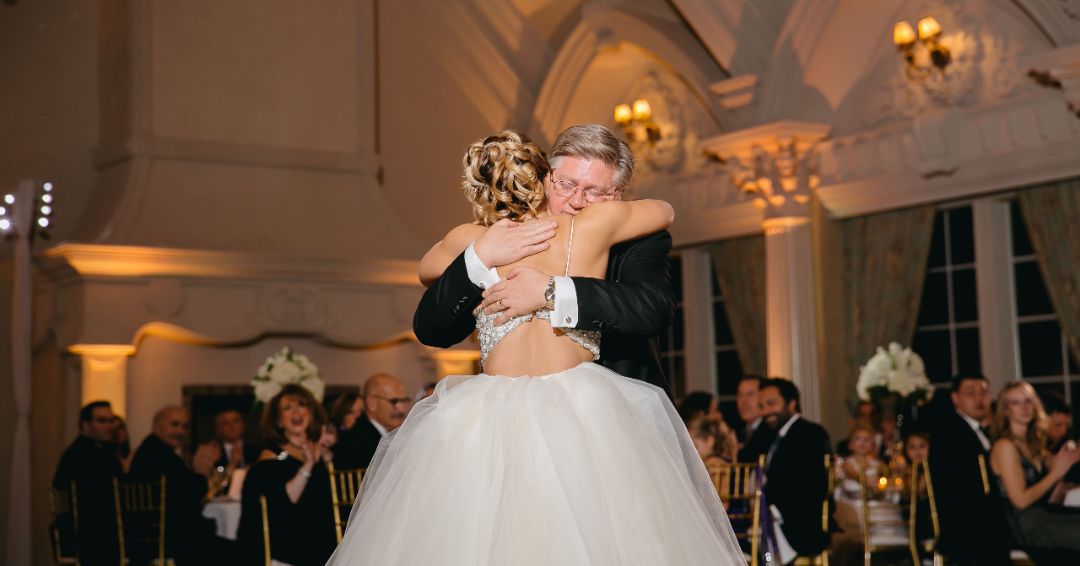
Networking events are frequently set up, which allows for everyone to come together. This means instead of setting up 4 meetings in one day to sit with four different photographers, you can learn all you need to know in one place on one night. In essence, it’s important to know the guest list. See an event that looks interesting and have a list of people you want to meet? Ask them if they will be in attendance!
With venues, you simply have to tour these places. You cannot recommend a space to a couple if you’ve never actually been there. When it comes to this or any vendor you want to meet, if there is no networking event available, then make the time to set up an appointment. Not everyone has time to meet in person, so offer up a virtual meeting or even a phone call.
6. Staying In Your Lane
I don’t know how it works everywhere else, but in the NYC tri-state area, there is a generally unfavorable opinion of wedding planners. When venues and vendors find out a planner is involved, the eye rolls are next level.
Now, this doesn’t happen all of the time, but you need to know what you’re up against.
Planner pushback is something I still deal with, regardless of how experienced I am. Many venues and vendors have had their weddings turned upsidedown and inside out by “planners”.
The biggest issue is that the industry is super saturated. There are so many ladies that plan their own weddings and then boom, they think they are a wedding planner.
That’s not the vibe fam.
A common complaint I hear from the venues and vendors I work with is how much a wedding planner oversteps. For instance, it is not your job to tell the photographer how much time they have to complete the photos your clients have asked for. They will tell you how much time they need to do their job.
As easy as it could be, you need to avoid bossing everyone around. Delegating tasks is one thing, telling people how to do their jobs is another. In addition to that, don’t start scolding and yelling at the venue and vendors just because your clients are mad about something. Is it their fault? If yes, then explain that to them.
Most of all, just be respectful of the people you work with, in the same way you want them to respect you.
7. Creating Your Portfolio
Wedding planners don’t have resumes, they have portfolios. Everything we do is visual, and clients first reach out to us because they like what they see.
But how do you create a portfolio when you haven’t planned any weddings?
This is probably the biggest obstacle for aspiring wedding planners. It’s the chicken before the egg issue. There are the right ways to creating a portfolio, and the wrong ones. We’re gonna talk about both right now.
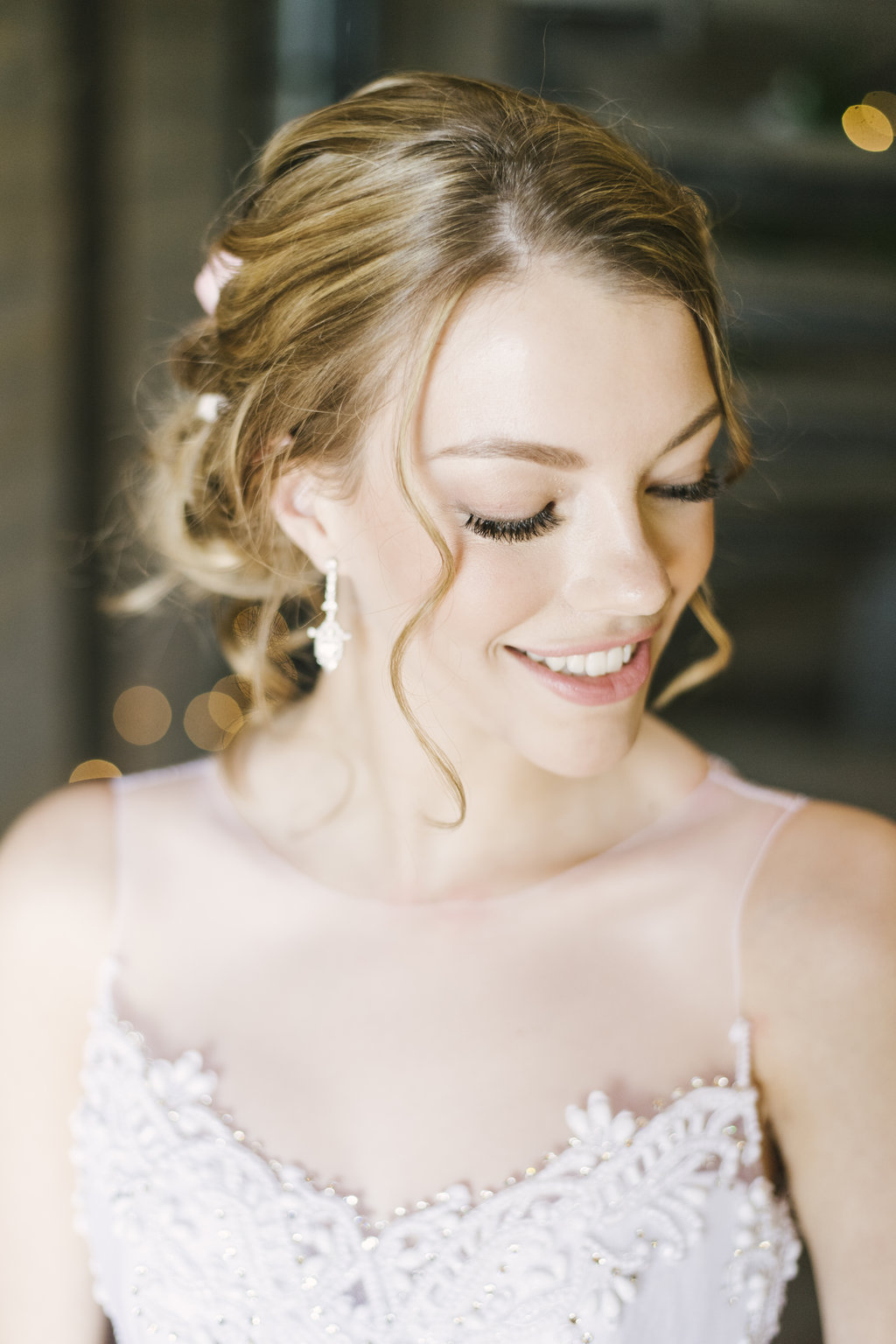
Putting together a styled shoot is a phenomenal way to create and even build your portfolio. Many professionals in this industry continue to do styled shoots even though they have plenty of pictures from real weddings.
A styled shoot is essentially a fake wedding. You create, design, and plan the vibe, colors, etc. and everyone walks away with photos and sometimes video. The best part is you can create whatever you want because you won’t have a bride over your shoulder telling you what she wants to have.
For a styled shoot, you’ll need a venue space, rentals, a photo and video team, a stationery designer, and a florist. If you can grab some models and wardrobe, that’s a total bonus. This is your opportunity to showcase what you could do if a couple hired you. So make it good.
There’s also no harm in using stock photos to fill up some space until you have real wedding photos you can use. There are plenty of free stock photos on the internet, and even more available if you pay for them.
What you do not do is steal anyone else’s work. I once had a fashion blogger take images from a celebrity wedding I did, and insert them in one of her blogs that she also monetizes. She didn’t ask my permission and she didn’t ask the photographer’s either. She simply posted them and gave zero credit or link backs.
This is totally unacceptable. Never ever use someone else’s work to promote yourself. It’s skeevy.
8. Your Social Media and Online Presence
Which leads us to your social media and online presence. Far too often I scroll through Instagram and see someone posting a photo of work they did not do.
And it’s not a stock photo.
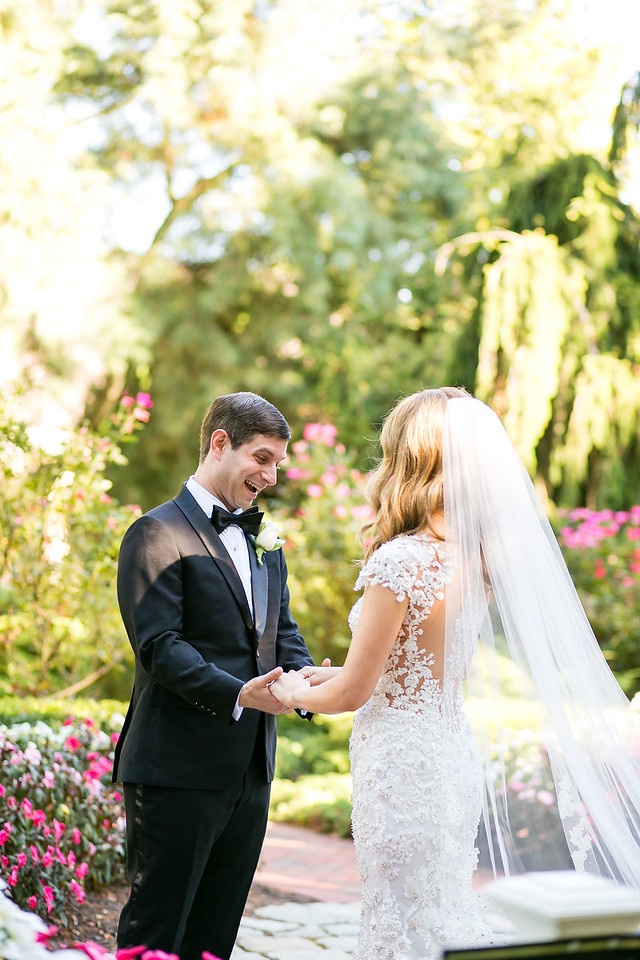
Instagram is an interesting platform. Members of the wedding industry use it because, again, most of our work is visual. Knowing this, aspiring wedding planners and designers, or even florists and stationery designers, will use someone else’s portfolio pictures in their Instagram feed. Then, they’ll put something passive in the caption about how inspired they are.
So, they feel better about themselves because they didn’t come right out and claim that work as their own…if someone seeing the photo assumes that, it’s not their fault, right?
Wrong.
No one reads the bloody captions on Instagram and there are countless social media studies to prove exactly that. This means you could get hired off of one picture a couple loved that you had nothing to do with. They probably won’t even tell you or remember that’s what drew them to contact you in the first place. This happens all of the time.
Look, you need to have a social media presence, but stealing someone’s work is not a good look. If you’re on Pinterest you can “get away with it” as long as you re-pin and don’t mess with the caption. Without any actual proof of your work, use stock photos…and then start getting those styled shoots together.
9. Do You Need An Office Space?
When I first started out, I did not have an office. I met with potential clients at a local Starbucks or whatever. I had a home office where I could do work, but I would never take meetings there.
Now, there are plenty of planners that will tell you an office space isn’t necessary. But this isn’t their blog, it’s mine.
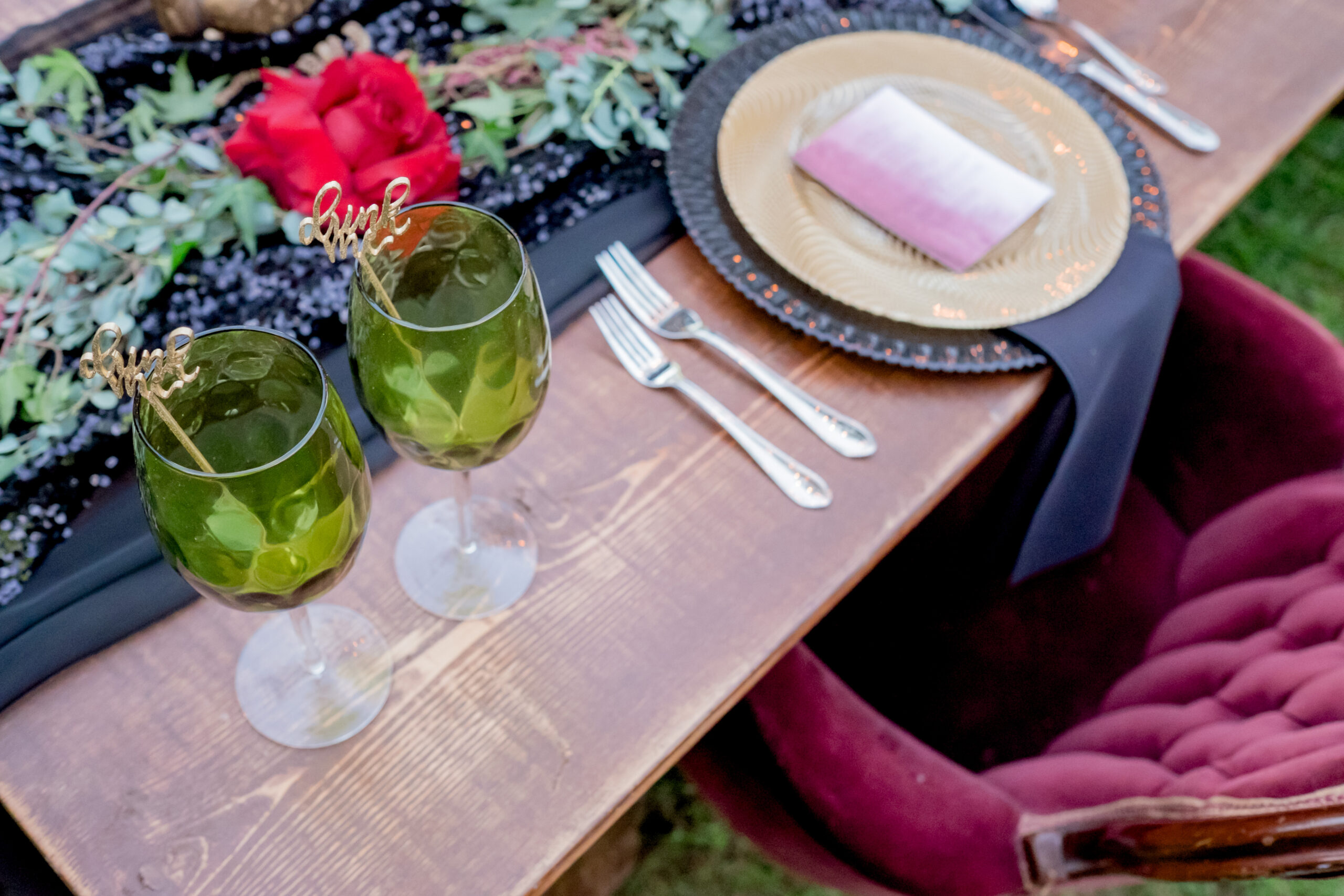
A little less than a year after I started my own company, I grabbed an office space. Full transparency, it fell in my lap and was insanely affordable. There was literally no reason not to take it.
As the years went by, I never gave up my office space. I liked having a separate space where I could actually leave my work at work. On the flip side, while I was at my office, I couldn’t see the laundry that needed to be folded or the bathrooms that needed to be cleaned. Having a work space allowed me to compartmentalize, which is something I personally need.
Then there is the discussion of whether or not you will look like a professional if you don’t have an office. I honestly do not know the answer to this question. All I can say is that my couples have above average budgets and their journey with me begins with a consultation at my office.
All that said, with the Coronavirus pandemic, office space has been unnecessary. In fact, I gave mine up because we’ve been self quarantined since March and who’s coming in anyway? I preferred not to waste rent money on a place I never went to. Will things go back to normal? I don’t know…but, if they do, I know one thing…
I will have an office space again.
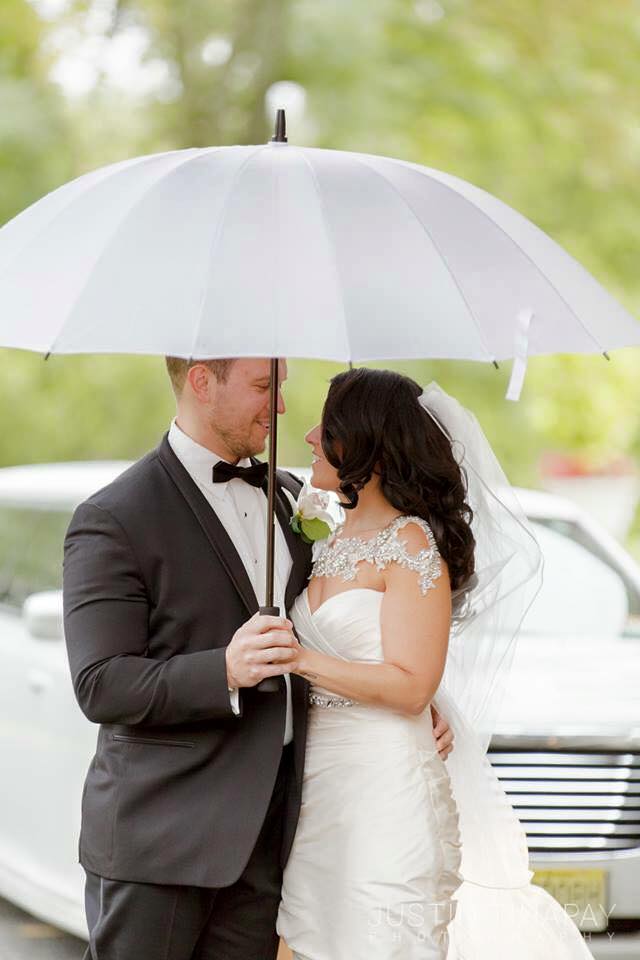
10. Always Continue To Learn
You will never know everything there is to know about any subject, least of all this one. There are many weddings I have planned when I have said something like “oh, that’s new”. This goes back to the whole experience over certification argument I made earlier in the blog.
Trends change and it’s important to stay on top of them. Social media and Google algorithms change often, and it will feel like a full time job staying on top of those. And you need to stay on top of them to succeed.
Don’t be afraid to go networking events with speakers either. As I mentioned, I am extremely selective which events I attend. However, I will always make time if the subject matter is something I want to learn more about.
Take criticism. Be open to what more experienced industry members have to say. You don’t have to apply everything, but you should listen to the advice given to you. You should also ask questions.
So, You Still Want To Be A Professional Wedding Planner?
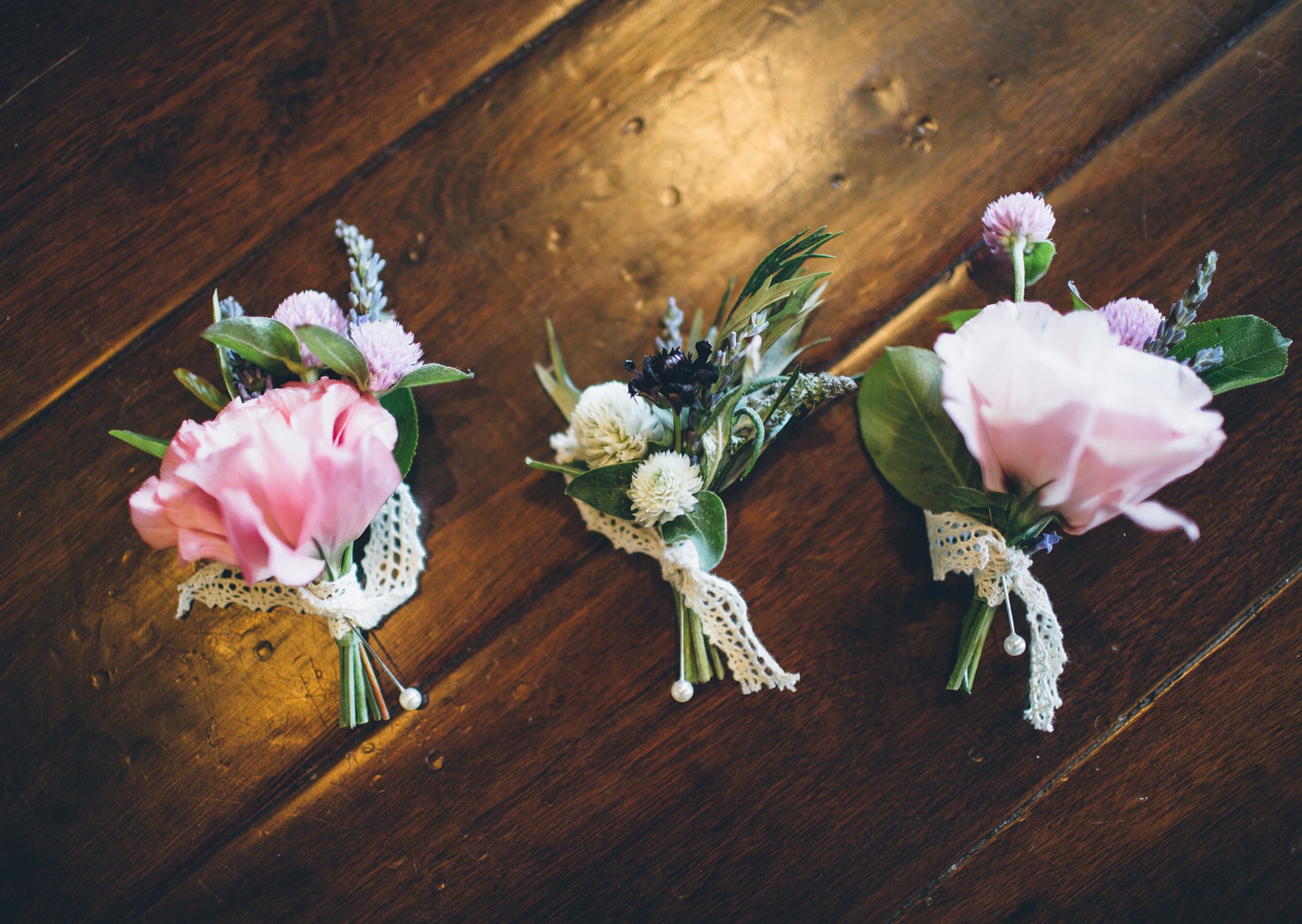
After reading through this blog, what do you think? Is this still the profession you wish to pursue, or is it looking less like a match? What strong traits do you have that would help you be successful?
I mentioned earlier that I’m constantly in the process of writing an E-book about becoming a professional wedding planner. If this is something you’re interested in, be sure to drop any questions you have in the comments section below. I’d love to feature them in my book or an upcoming blog…whichever comes first!









